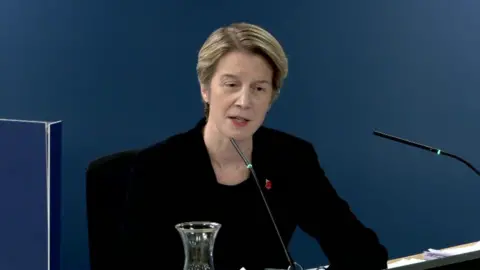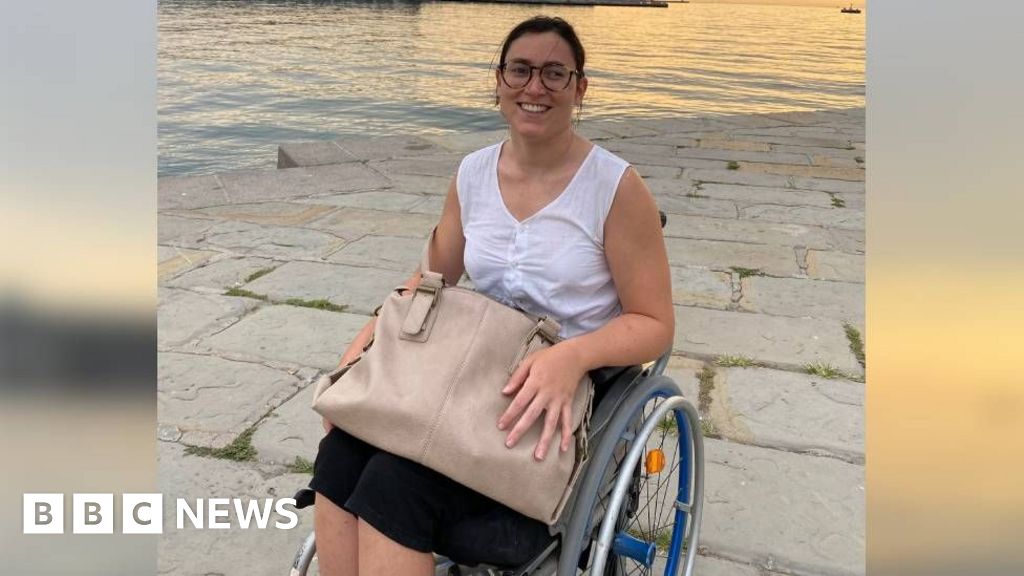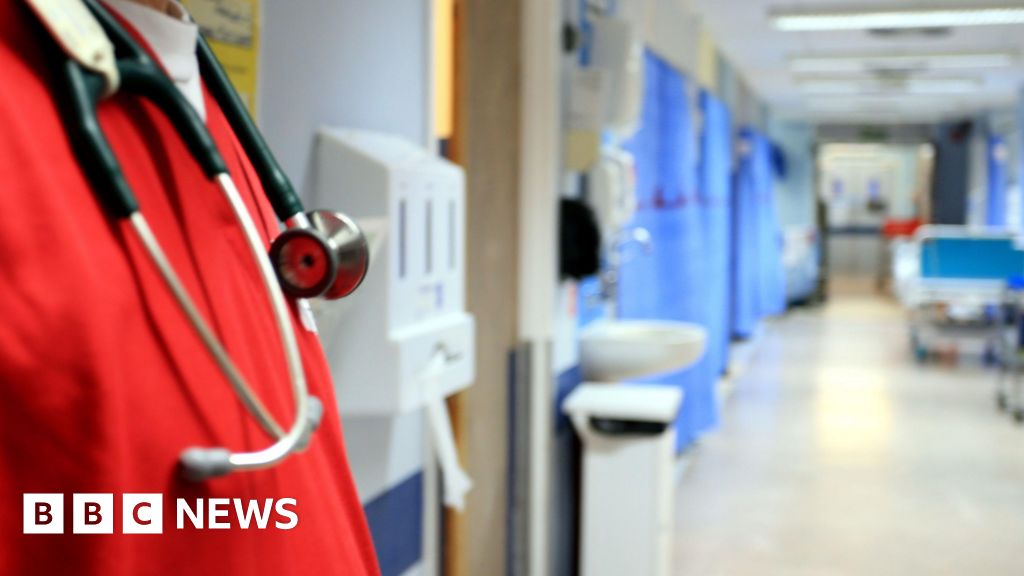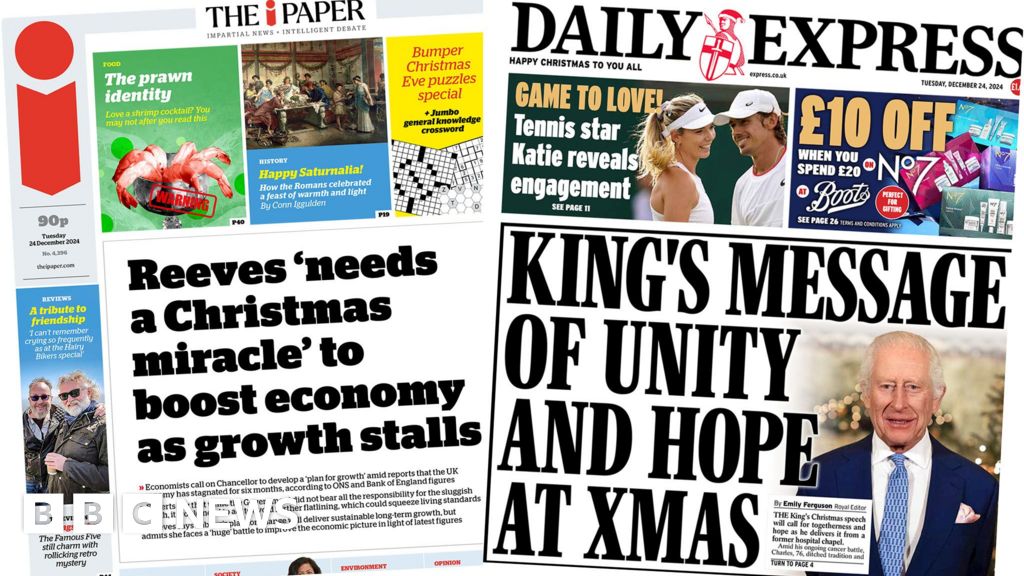
 Covid inquiry
Covid inquiry
Boris Johnson’s government blocked a request to fund another 10,000 hospital beds at the height of the Covid pandemic, the chief executive of NHS England has said.
Amanda Pritchard told the UK Covid-19 Inquiry the decision, made by the Treasury in July 2020, had been “very disappointing”.
Extra beds and staff would have been used to cut waiting lists for planned care and “build resilience” going into a second winter wave of the pandemic, she said.
The government has said it cannot comment while the inquiry is in progress.
Health ministers from the time are expected to give evidence later this month, to the third section of the inquiry, looking at Covid's impact on the NHS and healthcare systems across the UK.
Ms Pritchard served as NHS England’s chief operating officer from 2019 until she was promoted to chief executive, in August 2021.
In her evidence, she said a request had been made to the government, for 10,000 extra permanent, staffed hospital beds, in July 2020.
‘Very disappointing’
The demand had been based on modelling the spread of the virus, along with the need to deal with other pressures that coming winter and resume more planned, or elective, surgery and other treatments for non-Covid patients.
But the inquiry heard the Treasury and the prime minister’s private office had refused the request, saying they wanted more use made of temporary Nightingale hospitals along with the private sector.
And Ms Prichard had been told the decision would be looked at again as part of a wider spending review expected in the autumn of 2021.
She called the decision “very disappointing”, saying waiting lists for planned NHS treatment in England would be in “quite a different position” today had the extra funding been agreed.
“If we had had that capacity, we could certainly have treated thousands more patients… as well as being more resilient going into the second wave of the pandemic and into winter more generally,” Ms Prichard said.
In the summer of 2020, the NHS in England had a total permanent bed capacity to treat about 95,000 patients in acute hospitals.
That was increased by another 4,000 from winter 2023, under a recovery plan agreed by then Prime Minister Rishi Sunak.
‘Completely overwhelming’
Later in her evidence, Ms Pritchard said the health service had faced a period of “extreme pressure” in the winter of 2020-21, as another wave of Covid spread across the country.
By that point, new treatments had been discovered, including the cheap steroid dexamethasone, and the first Covid vaccines were starting to be rolled out in small numbers.
But the level of community transmission at the time meant some intensive-care units were still being pushed “to the brink” and were “right on the edge” of running out of bed space.
Nationally, the health service had never had to “systematically limit” access to treatments because hospitals could not cope with demand, Ms Pritchard said.
“That does not mean, though, that it did not feel completely overwhelming to staff at this time in those places - and it does not mean that the kind of care that was being provided was anything like normal,” she added.
'Field hospitals'
Ms Pritchard was also asked about the seven temporary Nightingale hospitals built quickly, in March and April 2020, across England to treat Covid patients.
Data seen by the inquiry shows the total cost to the taxpayer, including setting up and decommissioning, is now estimated at £358.5m.
The hospitals – in Birmingham, Bristol, Exeter, Harrogate, London, Manchester and Sunderland – treated 141 Covid patients in the first wave of the virus and 1,097 Covid and other patients in the second wave.
In total, £50.4m was spent on one site, Birmingham, which was never used by patients in the pandemic.
The site in Bristol also carried out 6,554 assessments for patients from the eye hospital in the city.
Ms Pritchard told the inquiry the programme had still been “useful”, as the sites had been envisaged as “military field hospitals” at the time.
“We thought we were doing it to avoid a northern Italy situation,” she said, referring to scenes in Lombardy, where intensive-care units had been overwhelmed.


Sign up for our Politics Essential newsletter to read top political analysis, gain insight from across the UK and stay up to speed with the big moments. It’ll be delivered straight to your inbox every weekday.
 (1).png)
 1 month ago
4
1 month ago
4













